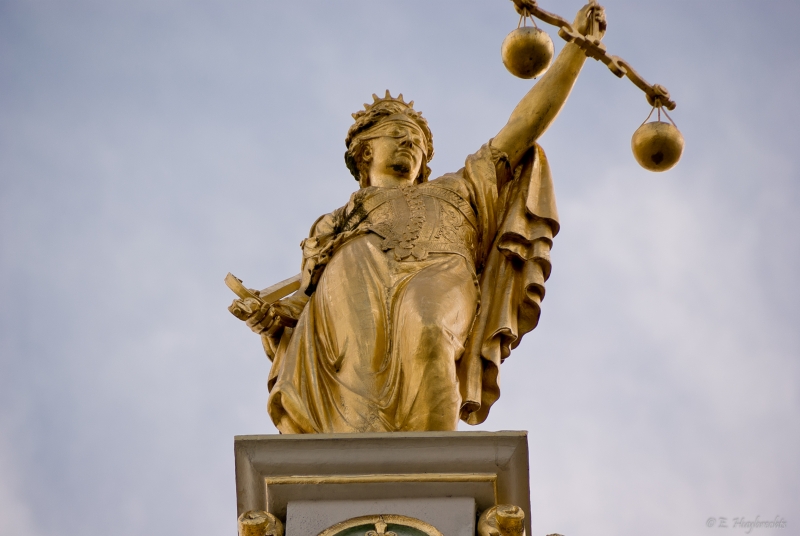Under the strict interpretation of Sharia law used by Aceh’s religious police, you can get arrested for hugging the wrong person.
Two young women in the capital of Banda Aceh, one 18 and the other 19, attracted the attention of the area’s Shariah Police last Monday when they were caught hugging each other, causing the police to suspect they were lesbians.
“They were sitting and hugging. We suspected that they were lesbians,” said Evendi A. Latief, the Sharia Police’s legislation and Islamic law execution division head, on Tuesday as quoted by the Jakarta Post.
One of the girls was also quoted by the Post as denying that she was a lesbian. But according to the Associated Press, Evendi announced today that the two women had confessed to being homosexuals.
Aceh’s criminal code, which went into effect about one year ago, prohibits lesbianism and sodomy even amongst non-Muslims and allows for punishments of up to 100 lashes and 100 months in prison for consensual same-sex sex acts.
However, Evendi announced that the two young women would be forced to undergo rehabilitation instead of being charged as criminals.
International NGO Human Rights Watch released a statement today condemning the actions of Aceh’s Sharia police and asking the Indonesian government to overturn the region’s discriminatory laws.
“The arrest of two women in Aceh for everyday behavior is an outrageous abuse of police power that should be considered a threat to all Indonesians,” said Graeme Reid, lesbian, gay, bisexual, and transgender (LGBT) rights program director at Human Rights Watch. “The Indonesian government needs to press Aceh to repeal its discriminatory new by-laws.”
The HRW statement also notes that Indonesia ratified the The International Covenant on Civil and Political Rights (ICCPR), in 2005, which protects the rights to privacy and family, freedom of religion and expression. It also prohibits discrimination on the basis of sex, religion, and other status such as sexual orientation as well as punishments such as whipping that could amount to torture or cruel and inhuman punishment. HRW argues that the Free Aceh Movement, which made the 2005 peace agreement in Helsinki with the Indonesian government, is bound by the ICCPR and agreed to adhere to it while drafting its laws.
“Discriminatory laws and homophobic public rhetoric by officials create a climate of fear that stalks LGBT people in Aceh,” Reid said. “There is no place in Indonesia for such laws and government behavior.”




